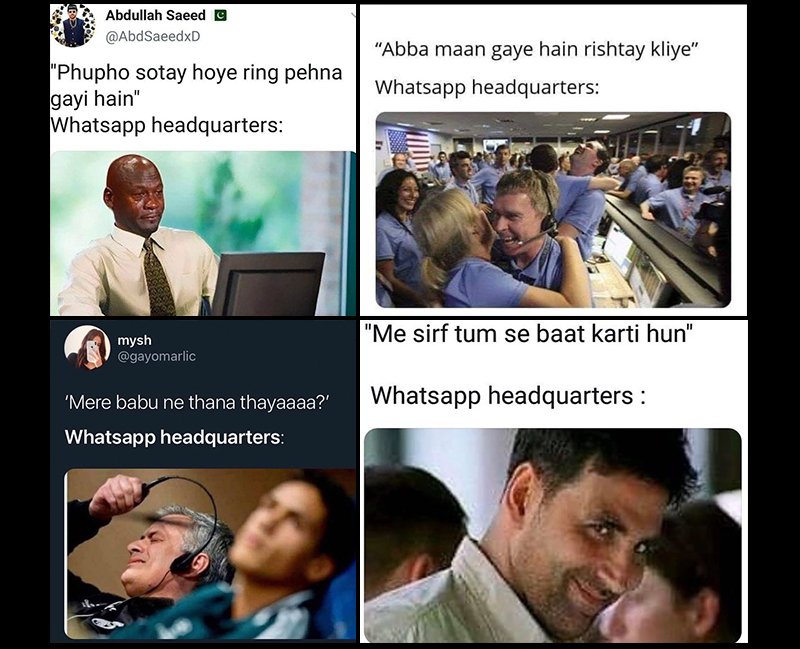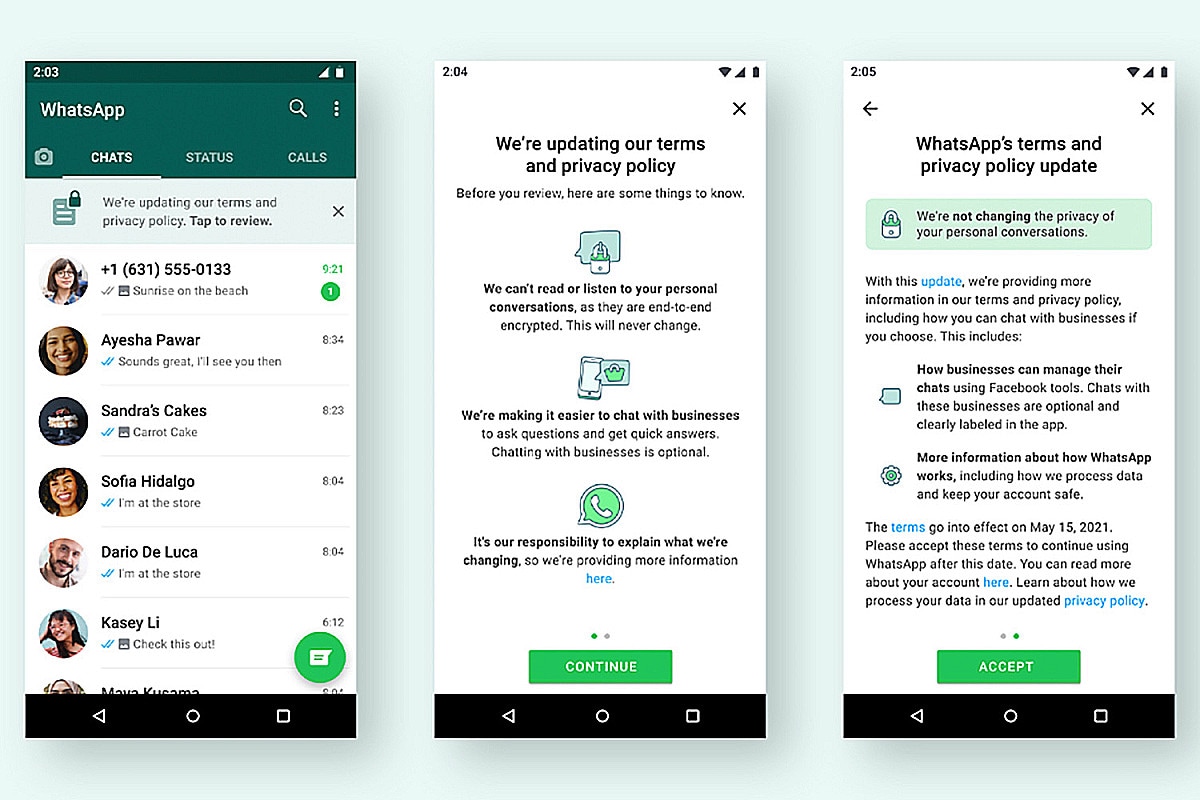
You can read more about the history of the case here. The case is still pending before the Supreme Court and it was last listed in March 2020 but it did not come up for hearing. For instance, consider conversations with sexual and reproductive health services which now provide abortion related counselling via WhatsApp. In many cases, meta data by itself can reveal very sensitive information about a person’s life.

Meta data means data which describes or gives information about other data, and it includes information like which users do you chat with, how frequently do you chat with a user, which groups you are a member of etc. , IFF has advanced arguments about the need to preserve privacy of meta data even if the actual content of messages is encrypted. A Special Leave Petition was filed by the petitioners before the Supreme Court challenging the Delhi High Court’s order and IFF is also an intervenor in these proceedings.ĭuring the course of hearings before the Supreme Court in Karmanya Singh Sareen & Anr.

In a judgement delivered on 23 September 2016, a Division Bench of the Delhi High Court declined to grant the reliefs sought by the petitioners which included a complete and meaningful opt-out option for users even beyond the initial 30 days. The changes to WhatsApp’s privacy policy in August 2016 became the subject of litigation before the Delhi High Court in Karmanya Singh Sareen & Anr. Prior to this in 2016 itself, data protection authorities in Germany and the United Kingdom also directed Facebook to stop collecting data of WhatsApp users. In 2017, the European Commission fined Facebook 110 million Euros for providing misleading information during the WhatsApp acquisition about its technical inability to link the identities of users across WhatsApp and Facebook. The regulators who had approved Facebook’s acquisition of WhatsApp based on its commitments about preserving user privacy did not take to this volte face kindly. Any new users who joined after August 2016 would also not have the choice to opt out of sharing data with Facebook. Users were given 30 days to opt-out of sharing data with Facebook for ad targeting purposes but if they failed to exercise that option within 30 days, they would have no choice but to consent to data sharing. At that time, WhatsApp stated that the changes in its privacy policy would allow Facebook to offer better friend suggestions and more relevant ads to its users. Based on these assurances, regulators such as the European Commission and the Federal Trade Commission greenlit the acquisition of WhatsApp by Facebook.įast forward to August 2016, WhatsApp announced that it would start sharing some data with Facebook including phone numbers and last seen activity. To allay these concerns, executives from WhatsApp publicly committed to never share data with Facebook. When Facebook was considering acquiring WhatsApp, privacy activists read the writing on the wall and warned about potential data sharing between WhatsApp and Facebook. To understand what is happening, we must rewind the clock and take ourselves back to February 2014 when WhatsApp was first acquired by Facebook for USD 22 billion. However, this is not the first time WhatsApp has changed its privacy policy to facilitate sharing of data with its parent company, Facebook. WhatsApp is currently witnessing a mass exodus of privacy concerned users after it released an in-app notification forcing users to accept its revised privacy policy by 08 February 2021 or stop using its service entirely. Union of India, where IFF is an intervenor. The changes to WhatsApp’s privacy policy in 2016 are also the subject of pending litigation before the Supreme Court of India in Karmanya Singh Sareen v. The latest changes to WhatsApp’s privacy policy cement the problematic status quo which has existed since the privacy policy was first updated in 2016. The new privacy policy confirms that Facebook may now have access to messages shared with businesses on WhatsApp and it provides more insight into expansive meta data collection by WhatsApp. Recently, WhatsApp released an in-app notification forcing users to accept its revised privacy policy by 08 February 2021 or stop using its service entirely.


 0 kommentar(er)
0 kommentar(er)
